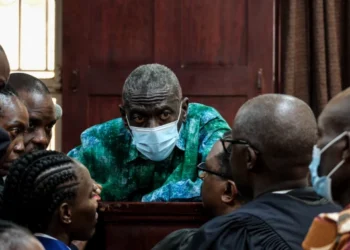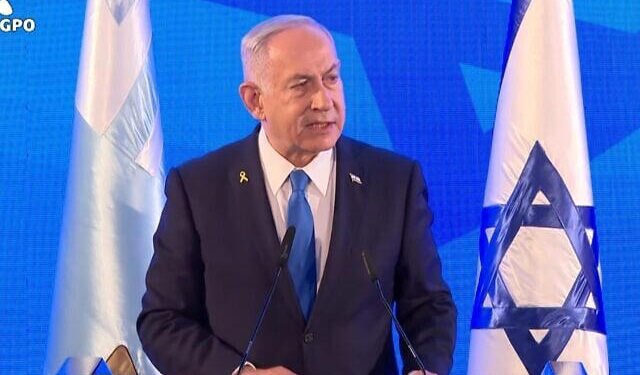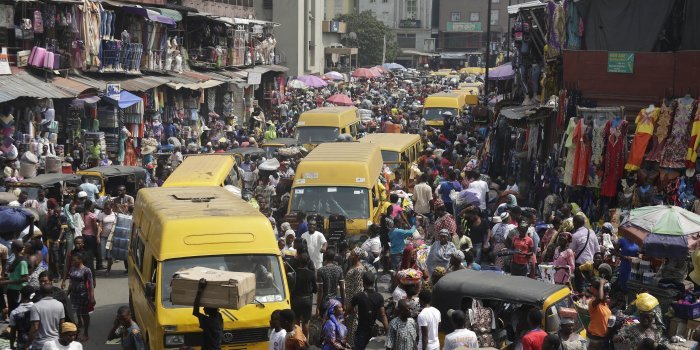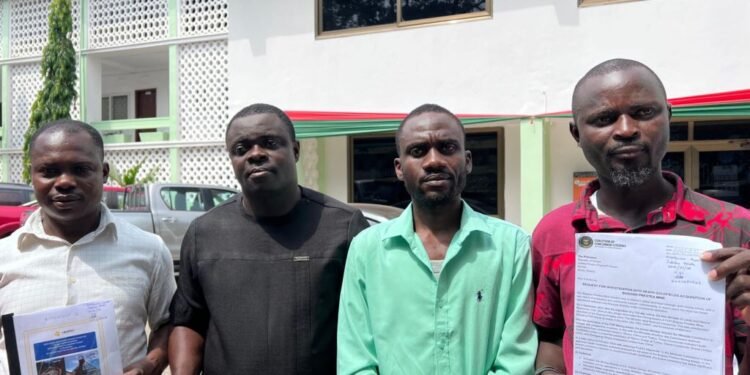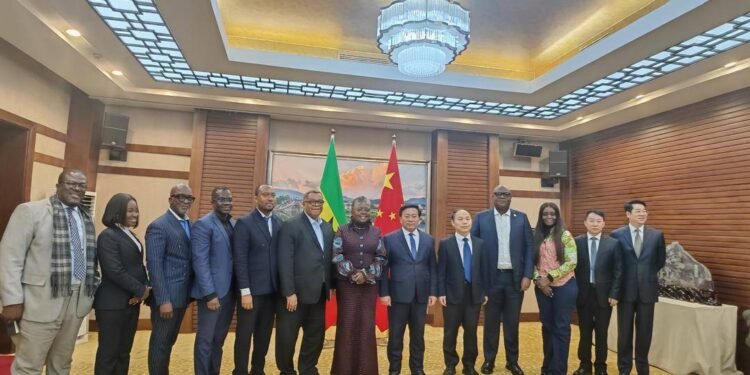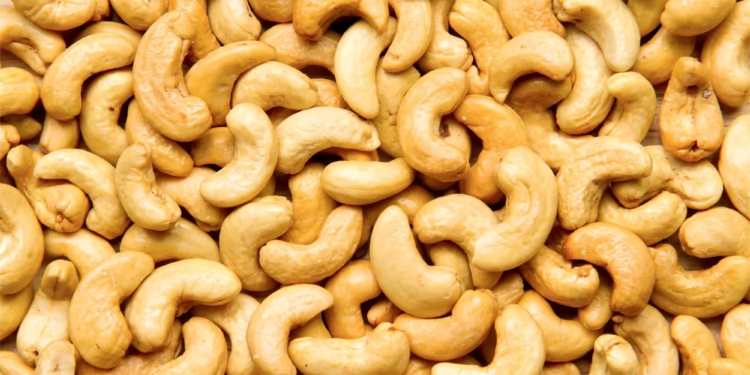Refugees and migrants are enduring extreme violence, exploitation, and death as they attempt to leave Africa, according to UN agencies.
The UN Refugee Agency (UNHCR), the UN Migration Agency (IOM), and the Mixed Migration Centre (MMC) released a report highlighting the severe dangers faced by migrants and refugees on treacherous land routes across Africa.
This report sheds light on the often under-reported perils encountered by these people on the move.
On Friday, July 5, these agencies appealed to border authorities to enhance protections for these vulnerable individuals.
Widespread Abuse
“Regardless of their status, migrants, refugees, seem to face serious human rights violations and abuse along the route…We cannot lose our capacity to get outraged by this level of violence,” stated Vincent Cochetel, UNHCR Special Envoy for the Western and Central Mediterranean.
The report, spanning three years of data collection, indicates that more people are crossing the Sahara desert than the Mediterranean Sea, with desert fatalities presumed to be double those at sea.
Titled “On this journey, no-one cares if you live or die,” the report warns of an increasing number of people attempting these hazardous land crossings.
IOM Director Laurence Hart emphasized that the central Mediterranean migration route remains one of the deadliest in the world.
He noted that a “very high number of people” continue to risk their lives on “very dangerous journeys.” Hart attributed this to various factors, including political conflict and instability, which push people to move despite the risks.
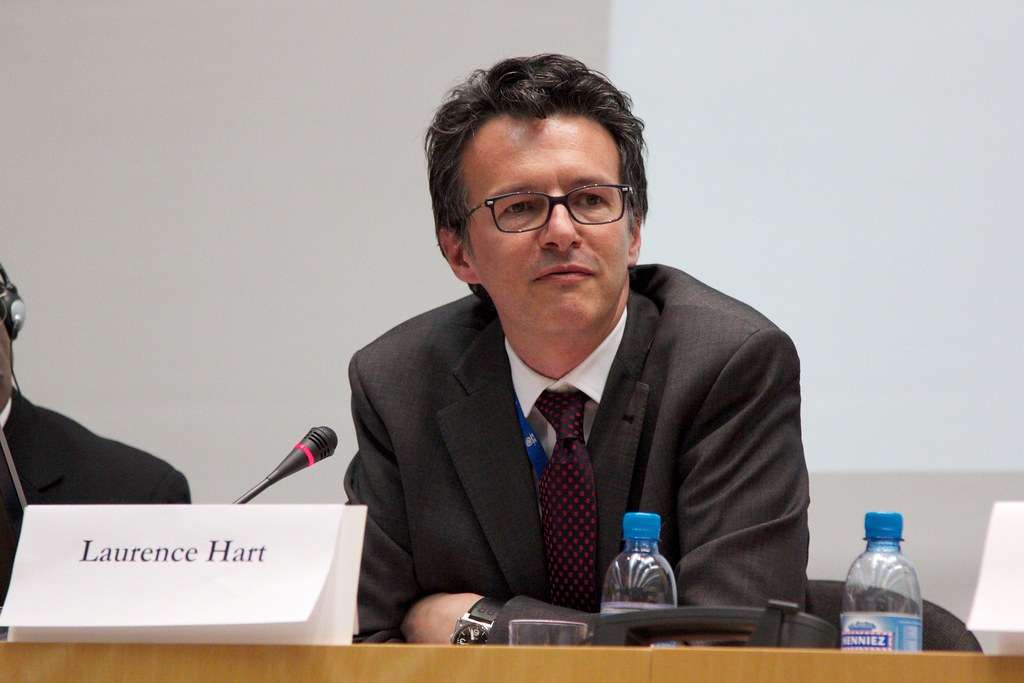
Drivers of Migration
The report identifies several push factors contributing to the migration crisis.
These include worsening conditions in countries of origin and host nations, such as new conflicts in the Sahel and Sudan, the devastating impact of climate change, and racism and xenophobia towards refugees and migrants.
Significant gaps in protection and assistance along the Central Mediterranean route compel refugees and migrants to undertake dangerous journeys.
Bram Frouws, Director of the MMC, highlighted the alarming increase in fatalities on the Atlantic route to the Canary Islands, noting a 700% rise in deaths compared to the same period last year.
Despite international commitments to save lives and address vulnerabilities, the report’s authors warn that current efforts are insufficient.
Criminal groups and traffickers are often responsible for horrific abuses, but state officials, including police and border guards, also play a role.
Frouws stressed the need for accountability, stating that “whoever they are, whichever category, they should be held accountable. But at the moment, much of this is happening in a situation of near complete impunity.”
The report also notes that smuggling routes are shifting to more remote areas to avoid conflict zones and border controls, increasing the risks for those on the move.
Reported abuses include torture, physical violence, arbitrary detention, kidnapping for ransom, sexual violence, enslavement, human trafficking, forced labor, and organ removal.
Stepping Up Protection
Access to justice and support for abuse survivors is scarce along these routes, hindered by inadequate funding and restrictions on humanitarian access.
This is particularly true in key locations like informal detention centers and holding facilities.
Despite these challenges, UNHCR, IOM, and partners, including NGOs and several governments, have increased life-saving protection services and assistance along these routes.
They have also improved identification and referral mechanisms. However, they emphasize that humanitarian action alone is not enough.
“It’s important to look at how to regularize or legalize migrants in countries of transit if there is a need, but also further afield…in European countries responding to the need for talents and for manpower.”
Laurence Hart
He added that opening up regular migration channels, while not a cure-all, is a crucial component of effective migration governance.
As such, the UN’s appeal highlights the urgent need for increased protection and accountability to address the severe human rights abuses faced by refugees and migrants in Africa.
READ ALSO: Hajia4Reall’s Lawyer Denies Snitching Rumours, Shares Critical Video




